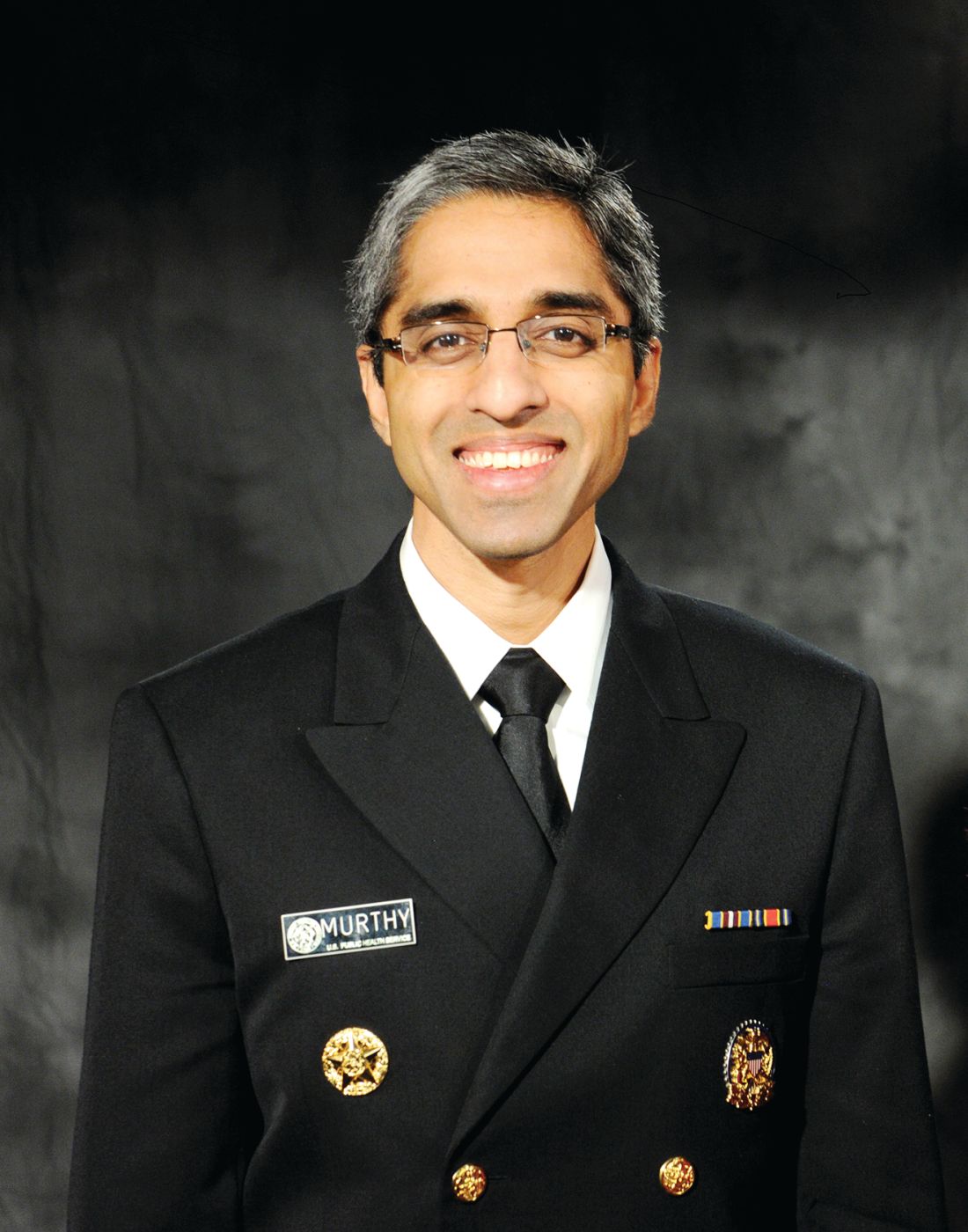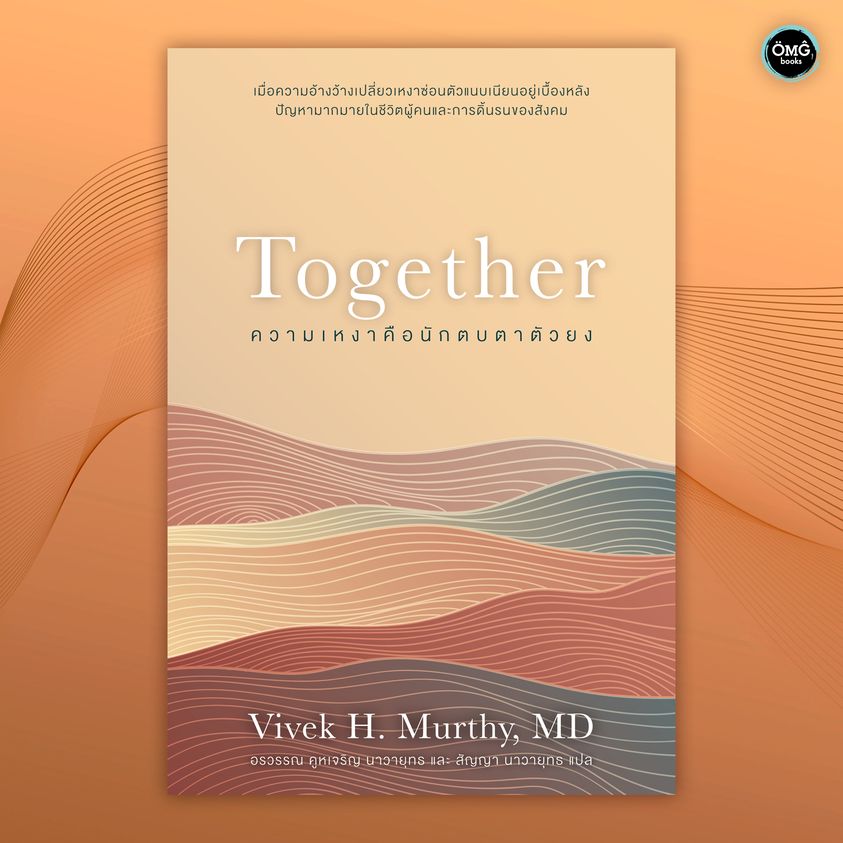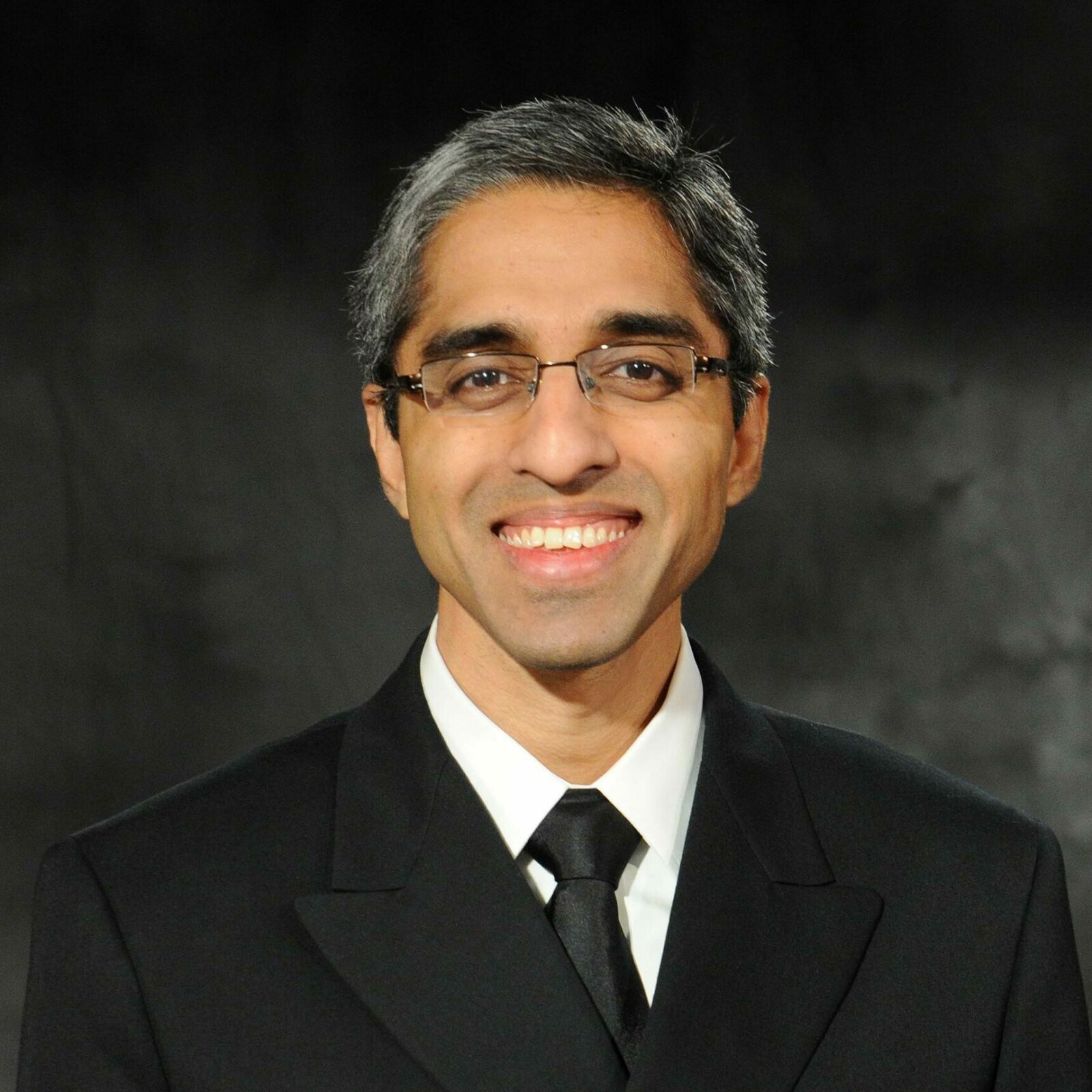
It also aligns extremely well with the health models promoted by the Mental Health Foundation, notably Te Whare Tapa Whā and the 5 Ways to Wellbeing frameworks. Overall, I would recommend this book as it provides the inspiration and tools to easily and immediately improve your quality of life. Additionally, as the solution to a lot of problems appears to be simply reaching out to your friends and family, you can immediately action the recommendations in the book and feel satisfied that you are improving your physical and mental health. Dozens of stories of communities coming together to support each other, social groups filling gaps in people’s lives and pilot programmes to address loneliness in vulnerable communities leave you feeling very optimistic. However, most of this book is a positive read, full of examples of how people and communities have thrived once they have made small changes to their social or family lives. He also explains the unavoidable links between loneliness and gender, immigration, cultural differences and the rise of technology. If that wasn’t scary enough, Murthy also lays out how loneliness has evolved into a huge issue, as modern societies prioritise and value individuality and success at the expense of others. Throughout the book Murthy discusses other quantitative and qualitative studies and encounters which show that people’s level of loneliness has significant impacts on their health outcomes in all different environments and cultures. Notable studies include one in 2010 that analysed 148 studies (including 300,000 participants), which showed that people with strong social relationships are 50% less likely to die prematurely than people with weak social relationships. Murthy did a great job of explaining clearly why loneliness is a dangerous condition that is often directly responsible for chronic illnesses, diseases and even death.


Murthy discovered this while serving as the Surgeon General of the United States in 2014, and studied the phenomenon over the next few years, talking to doctors, scientists, communities and individuals to scope out the scale of the problem.Īfter reading this book, I am convinced it IS a problem. Vivek Murthy’s 2020 book Together: Loneliness, Health and What Happens When We Find Connection provides a unique answer to the question of what health conditions we should be avoiding to stay healthy – and the answer is loneliness. You need one because you are human.” – Jane Howard

Whatever you call it, whoever you are, you need one. “ Call it a clan, call it a network, call it a tribe, call it a family.


 0 kommentar(er)
0 kommentar(er)
